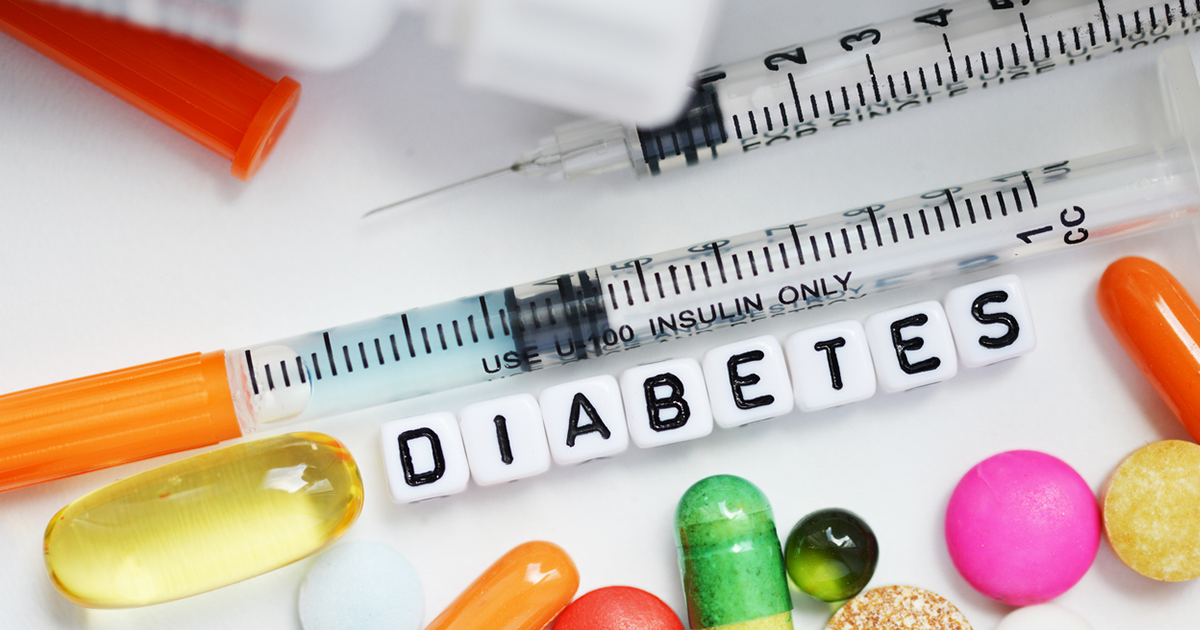A Room of One's Own- Creative Writing Workshop for Queer Youth
1 day ago
We are a team of professional management and journalists — one of the best in the Nepali media. Our duty toward our readers is to provide them with impartial news, bold views, in-depth analysis and thought-provoking commentary. We shall do this without fear or favor, and we shall be guided by nothing but our conscience.
Know More
World Diabetes Day was created in 1991 by IDF and the World Health Organisation to respond to growing concerns over an alarming rise of diabetes cases. This day has since become a United Nations’ declared holiday, with UN Resolution 61/225 coming into effect in 2006. The purpose of this day is to raise awareness of a condition that millions of people all around the world live with every day. World Diabetes Day falls on Sunday 14th November. This date was picked as it’s also Sir Frederick Banting’s birthday – the medical scientist who discovered insulin along with Charles Best.
Here are five things that you should know about diabetes:
1. What are the symptoms of diabetes?
Common symptoms of diabetes:
Urinating often
Feeling very thirsty
Feeling very hungry - even though you are eating
Extreme fatigue
Blurry vision
Cuts/bruises that are slow to heal
Weight loss - even though you are eating more (type 1)
Tingling, pain, or numbness in the hands/feet (type 2)
Early detection and treatment of diabetes can decrease the risk of developing complications of diabetes.
2. What are the risk factors for diabetes?
Family history. If you have relatives with diabetes, chances are strong you’ll get it, too. Anyone who has a mother, father, sister, or brother with type 1 diabetes should get checked. A simple blood test can diagnose it.
Diseases of the pancreas. They can slow its ability to make insulin.
Infection or illness. Some infections and illnesses, mostly rare ones, can damage your pancreas.
Type 2. If you have this kind, your body can't use the insulin it makes. This is called insulin resistance. Type 2 usually affects adults, but it can begin at any time in your life. The main things that lead to it are:
Obesity or being overweight. Research shows this is a top reason for type 2 diabetes. Because of the rise in obesity among U.S. children, this type is affecting more teenagers.
Impaired glucose tolerance. Prediabetes is a milder form of this condition. It can be diagnosed with a simple blood test. If you have it, there’s a strong chance you’ll get type 2 diabetes.
Insulin resistance. Type 2 diabetes often starts with cells that are resistant to insulin. That means your pancreas has to work extra hard to make enough insulin to meet your body's needs.
3. What is the difference between Diabetes Types 1 and 2?
Type 1 diabetes: The body does not produce insulin. Some people may refer to this type as insulin-dependent diabetes, juvenile diabetes, or early-onset diabetes. People usually develop type 1 diabetes before their 40th year, often in early adulthood or teenage years. Type 1 diabetes is nowhere near as common as type 2 diabetes. Approximately 10% of all diabetes cases are this type. Patients with type 1 diabetes will need to take insulin injections for the rest of their life. They must also ensure proper blood-glucose levels by carrying out regular blood tests and following a special diet.
Type 2 diabetes - The body does not produce enough insulin for proper function, or the cells in the body do not react to insulin (insulin resistance). Approximately 90% of all cases of diabetes worldwide are type 2.
4. What kind of complications are associated with diabetes?
Skin complications
Eye complications
Neuropathy
5. There is lots of research going on now to learn how to prevent and treat diabetes.
-Compiled

- by Republica


- by Republica
Leave A Comment